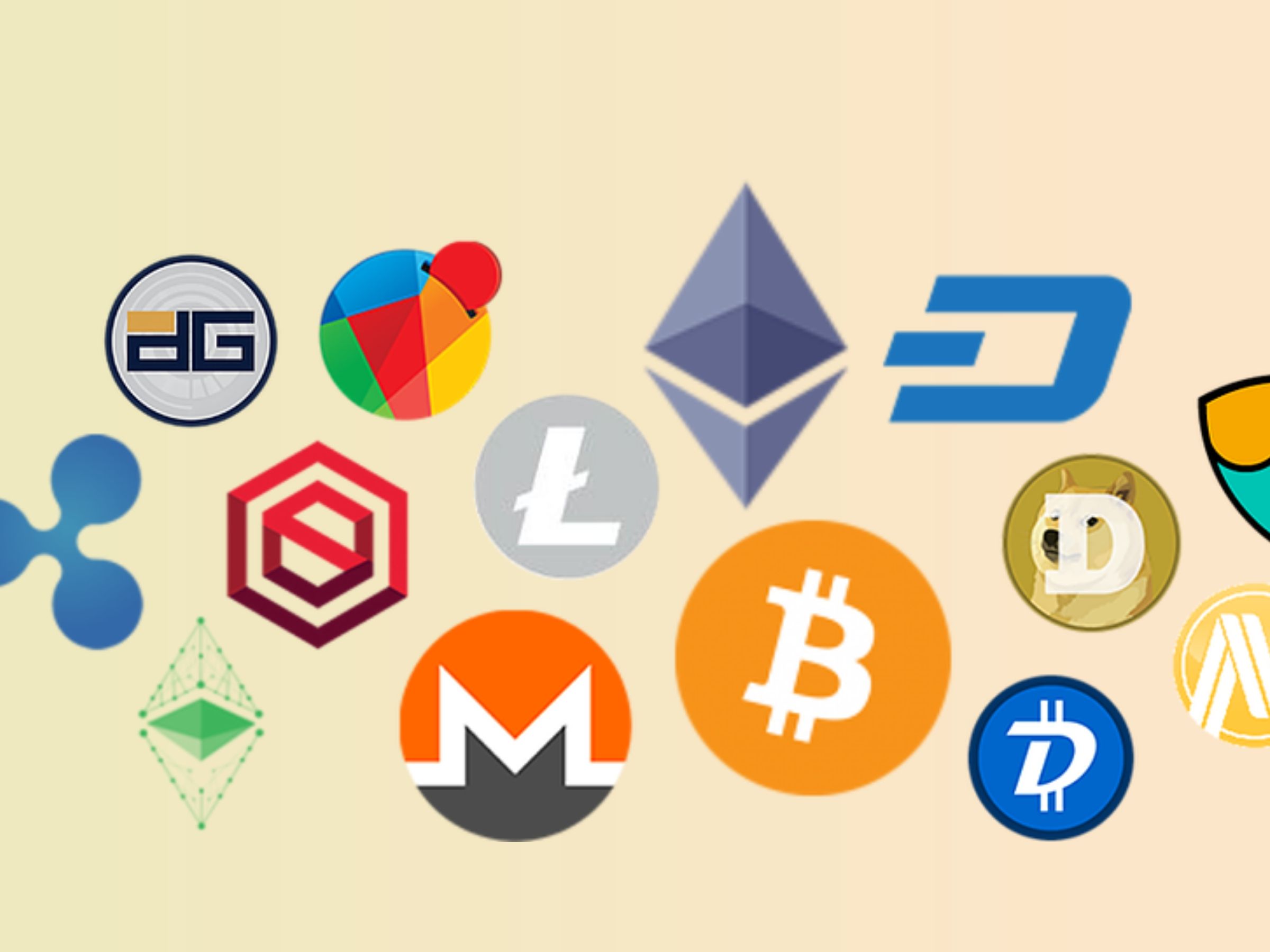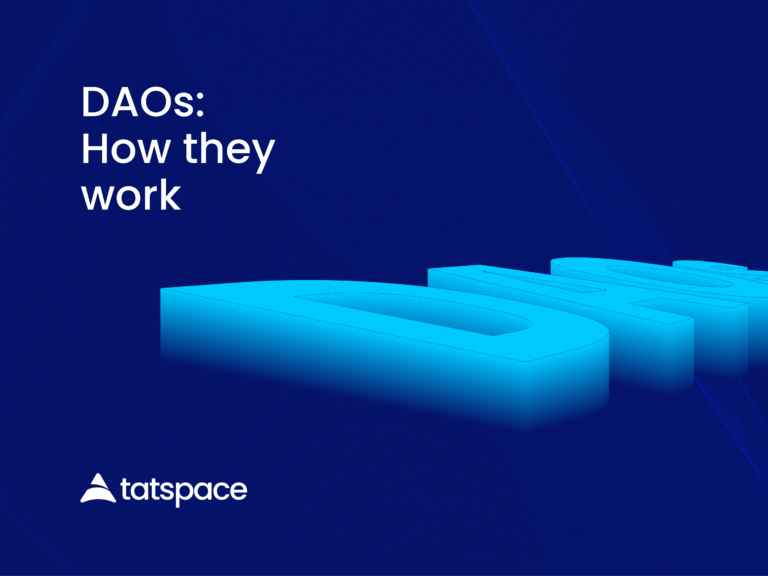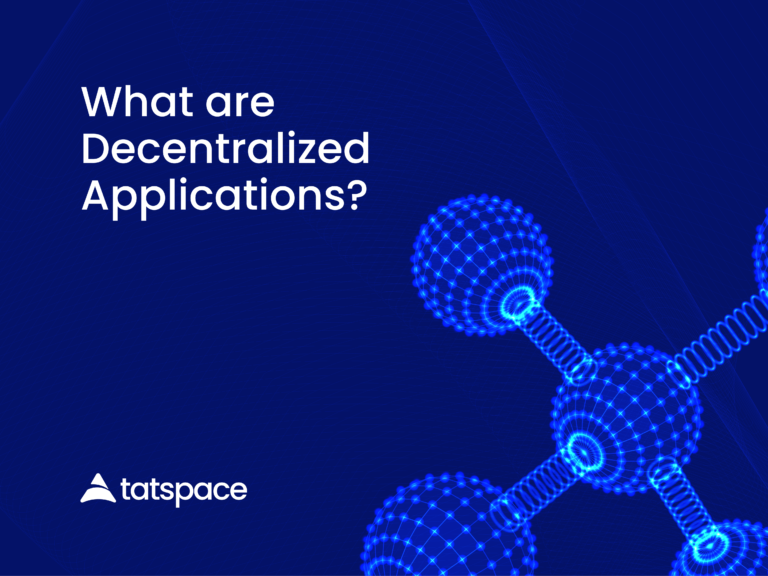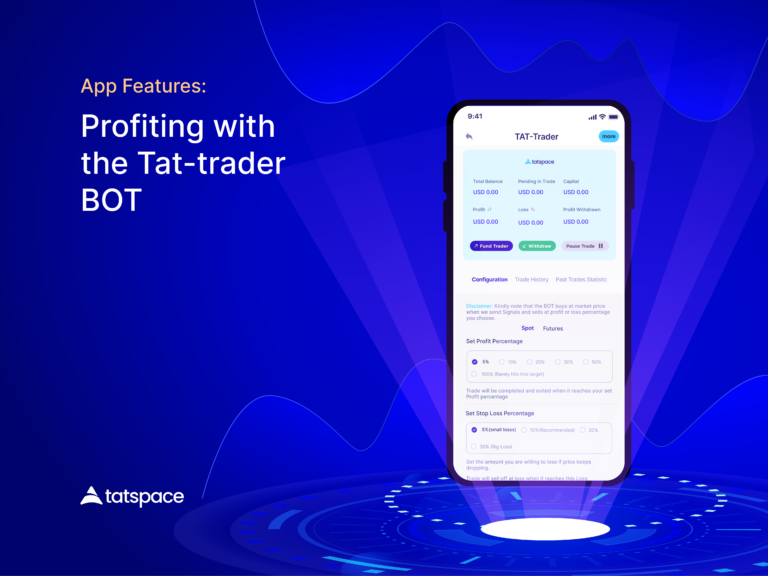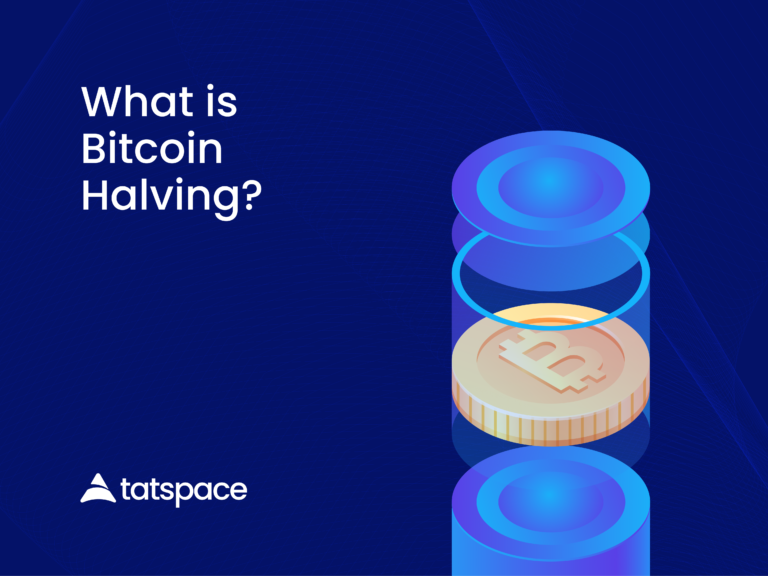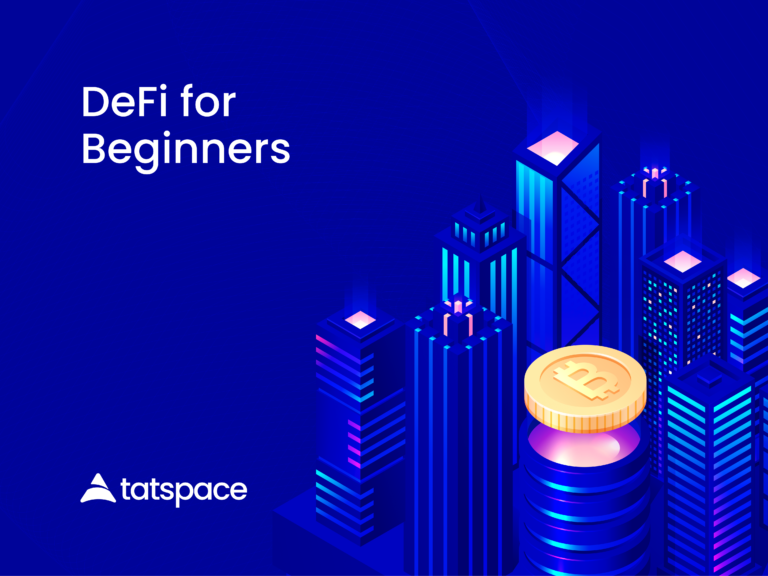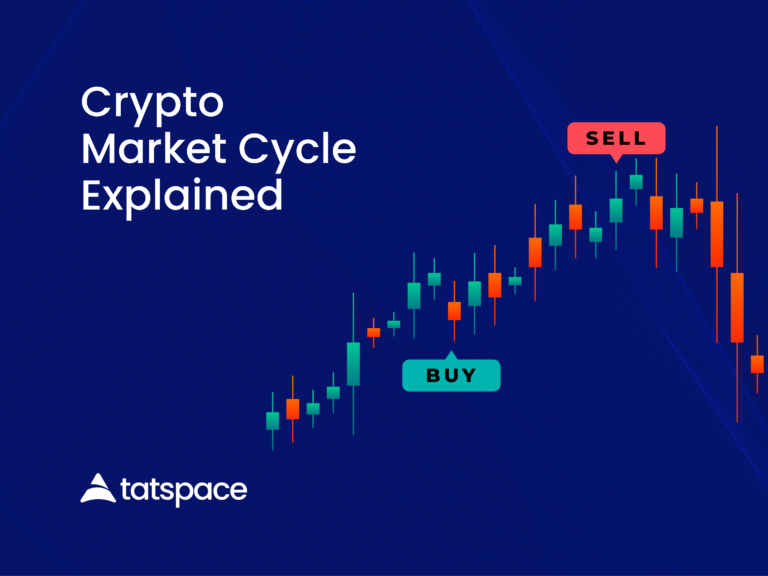Cryptocurrencies were introduced in 2009 with bitcoin, and it quickly became synonymous with digital currencies.
As a matter of fact, it dominates the crypto scene so much that other cryptocurrencies are considered alternatives to Bitcoin, or Altcoins.
The name (altcoin) stuck, despite the fact that there are literally thousands of digital currencies today.
What is an altcoin?
There are other cryptocurrencies besides Bitcoin, and they are known as altcoins.
These coins have some similarities to Bitcoin, but they are also distinct.
As an example, some altcoins manufacture blocks or validate transactions using a different consensus mechanism.
They may also distinguish themselves from Bitcoin by integrating new or extended features, such as smart contracts and low price volatility.
A few altcoins aspire to be the next Bitcoin by providing an inexpensive way to make digital payments.
There are currently over 9000 cryptocurrencies in existence.
Approximately 57% of the entire cryptocurrency market value is made up of altcoins, according to CoinMarketCap as of October 2021.
Since altcoins are derivatives of Bitcoin, their prices tend to follow Bitcoin’s trajectory.
However, analysts say that as coin investments mature and as new markets develop for these coins, price movements for altcoins will become independent of Bitcoin’s trading signals.
How Do Altcoins Work?
Altcoins generally operate much like Bitcoin.
You can send money from your wallet to another user’s wallet using a private key.
Also, there is the availability of a blockchain that records transactions permanently and publicly.
This blockchain technology permits amendment or denial of exchanges afterwards.
In the blockchain, you can verify transactions by mathematical proofs.
Bitcoin and some other cryptocurrencies rely on “proof-of-work,” a cumbersome and inefficient method of verifying transactions.
Alternatively, several altcoins, including Ethereum, require a “proof-of-stake” procedure instead.
By verifying transactions with proof-of-stake via other accounts on the network, transactions within the network are faster, simpler, and less energy-intensive.
Altcoins have been able to create a market for themselves by distinguishing themselves from Bitcoin.
As a result, most investors are able to invest in them as alternatives to Bitcoin.
These investors intend to make big returns as the altcoins gain more application, more adoption, and of course more value.
Types of altcoins
Mining-Based
The mining-based altcoins are created by mining.
Almost all mining-based altcoins create blocks by using Proof-of-Work (PoW), a method that generates coins by solving complicated problems.
These altcoins rely on mining to function.
Examples include Litecoin, Monero, and Zcash. Altcoins that were among the top performers in early 2020 fell into the mining category.
Pre-mined coins are an alternative to mining-based altcoins.
Coins such as these are not produced by algorithms but distributed before they are listed on cryptocurrency exchanges.
XRP, the pre-mined coin from Ripple, is one example.
Stablecoins
Since the launch of cryptocurrency, trading, and usage of the technology have been volatile.
A stablecoin aims to curb overall volatility by pegging its value to goods, such as fiat currencies, precious metals, or other cryptocurrencies.
As a reserve, it allows you, the holders, to redeem your coins if the cryptocurrency fails.
In general, stablecoin prices do not fluctuate beyond a narrow range.
The dollar-pegged USDT is one of the most famous stablecoins with broad adoption and use.
Other examples of stablecoins are USDC, BUSD, and so on.
Security Tokens
Similar to traditional securities, security tokens have a digital provenance that distinguishes them from their traditional counterparts.
In addition to resembling traditional stocks, security tokens normally promise a dividend payout to holders or ownership of the token.
The prospect of price appreciation is a key factor that draws investors to such tokens.
However, Initial Coin Offerings (ICOs) are a common method of offering security tokens to investors.
Utility Tokens
Utility tokens facilitate the provision of services within a network.
Among other things, they facilitate purchases and redemptions of rewards.
In contrast with security tokens, utility tokens do not issue dividends or share an ownership stake.
Filecoin is an example of a utility token, used to purchase network storage space.
Are Altcoins a Good Investment?
The altcoins market is an emerging one with its risks and without regulations.
And as these altcoins keep multiplying, they attract to them, a large number of investors.
These investors mostly gamble on the prices of these coins to gain large returns over short periods of investments.
Sadly, these investors lack the kind of capital that could drive enough liquidity for these altcoins.
Hence, the market is in a state of constant volatility.
Your investment goals and understanding of cryptocurrency play a huge role in whether altcoins would be a good choice.
Although some coins carry a greater level of risk than others.
Nonetheless, do your research before investing in any altcoin, just as you would when investing in traditional securities.
Pros
- Altcoins basically improve on the flaws of Bitcoin. This allows them to create value by introducing a more advanced solution to a problem like mining cost, speed, and so on.
- Creators of these coins create space for the introduction of better projects by making space for competition. Providing a wide range of investment opportunities to diversify your crypto portfolio.
- A big advantage of altcoins aside from the security of their blockchains is the low transaction fees you get to pay when paying for services.
Cons
- They have very volatile values, mostly due to the lack of regulations and the inability of investors to drive liquidity.
- With these alternative coins, there are a lot of scams. And it can be hard to tell them apart without extensive research.
Wrapping it up
You can invest in altcoins easily thanks to the many cryptocurrency exchanges available online. There are a number of popular exchanges, such as Tatswap, Coinbase, Binance, eToro, Kraken, and Gemini.
Research your options and register with the crypto exchange of your choice. Account setup requires entering your personal information and selecting a funding method. Once your account has been set up, you can start investing in altcoins.
Disclaimer: The purpose of this article is to educate and inform. Nothing in this article should be seen as investment advice. This means we’re not liable for your investment decisions.

